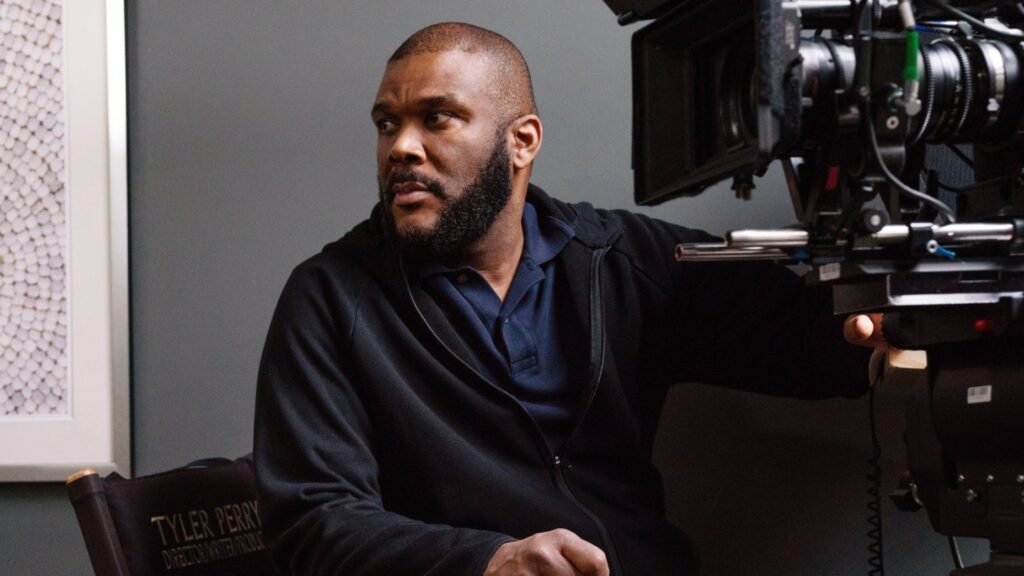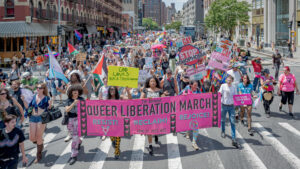
Derek Dixon has filed a staggering $260 million lawsuit against Tyler Perry, alleging sexual harassment, battery, and assault. The Atlanta-based entertainment mogul, however, has dismissed these claims as a “shakedown.” Beyond the sensationalism of the lawsuit, a more mundane yet significant accusation emerges: the alleged lack of standard workplace safeguards at Tyler Perry Studios.
Dixon claims he did not report the alleged incident of being pinned against a wall and groped by Perry, because he was unaware of an existing human resources department at the studio. This claim, whether true or not, highlights longstanding questions about Perry’s relationship with industry labor practices.
The Legacy and Criticism of Tyler Perry Studios
Tyler Perry Studios (TPS), sprawling over 330 acres on a former Confederate army base, opened in 2019 as a monumental achievement for Black creativity and ownership in the film and television industry. The studio, employing over 500 people, features soundstages named after African American icons such as Sidney Poitier and Cicely Tyson. Its grand opening was attended by luminaries like Oprah Winfrey, Denzel Washington, and Ava DuVernay. Viola Davis hailed it as a “historic moment,” emphasizing the empowerment of Black artists.
Despite these accolades, Perry’s journey from rags to riches has been met with skepticism within certain industry circles. The final season of FX’s “Atlanta” satirically critiqued Perry’s reputation. In a 2022 episode, a character resembling Perry was portrayed as a manipulative figure whose influence was unassailable. Perry responded through his BET show “Sistas,” dismissing “Atlanta” as a “stupid ass show.”
Controversial Labor Practices
Perry’s labor practices have been contentious. In 2008, the Writers Guild filed a complaint against him for allegedly firing half the writing staff of “House of Payne” due to their union activities. Prominent TV figures like Tina Fey and Shonda Rhimes criticized Perry’s treatment of employees. Although a deal was eventually reached, the writers were not rehired.
In 2015, Perry clashed with Actors’ Equity for not signing a contract for his stage play “Madea on the Run,” opting instead for non-union actors. Consequently, he remains on Equity’s Do Not Work list. That same year, a lawsuit alleged a hostile work environment at his studio, which was later dismissed. Perry described the plaintiff as “mentally disturbed” on social media.
In 2013, another lawsuit claimed TPS retaliated against an employee for whistle-blowing about layoffs. The case was barred for procedural reasons. Additionally, Perry and his studio have faced multiple copyright infringement lawsuits, though none have gone to trial.
Unique Production Style and Industry Impact
Perry is known for his rapid and cost-effective production style, often scripting his shows solo. He has expressed dissatisfaction with traditional writers’ rooms, stating they failed to capture his audience’s voice. In 2020, he told Essence, “My audience knows my voice. They want to hear from me.”
As technology advances, Perry anticipates a reduced need for production services, pausing an $800 million expansion of his backlot. His fast-paced shooting style, dubbed the “Tyler Perry Pace,” is legendary. A crew member noted, “On a feature with Tyler, you’d shoot eight pages a day — four times the norm.”
“While it takes people in Hollywood seven days to shoot one episode of a primetime drama, we shoot two in six to seven days,” Perry said. “I just have a crew that does the impossible every day.”
The Broader Implications
Kate Fortmueller, a professor at Georgia State University, suggests Perry’s studio reflects Georgia’s business-friendly environment and Atlanta’s support for Black entrepreneurship. “He has a reputation where he’s going to do what he wants to do,” she notes, describing TPS as a “closed universe.”
The Dixon lawsuit may shine a spotlight on Perry’s unique production practices and labor relations. As the entertainment industry evolves, the scrutiny on Perry’s studio could influence broader discussions on workplace standards and creative processes.
Katie Kilkenny contributed reporting.





